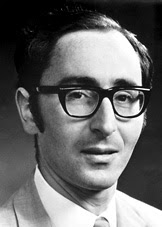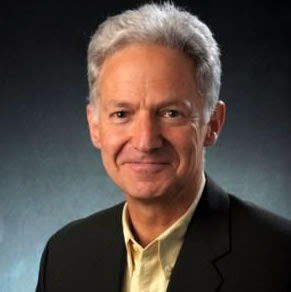Maybe the check is in the mail?

The Wikipedia entry on Masaru Emoto is a good example of why no one should trust an encyclopedia written by anonymous amateurs. I know it is possible, at least in principle, to edit Wikipedia pages to make corrections. But it is also possible for pranksters to change information on any page just for fun. And I know teenagers who regularly do this to confuse their classmates. The case in point was brought to my attention by a friend. I will correct the entry here. I've tried making corrections to Wikipedia in the past, and I'm not willing to go through that waste of time again. I'll italicize the Wikipedia entries: In 2003, [the magician] James Randi publicly offered Emoto one million dollars if his results can be reproduced in a double-blind study. I was coauthor on such a study, which was co-sponsored by the Institute of Noetic Sciences and published in 2006. You can find it here on PubMed. As far as I know Emoto hasn't received the one million dollar check. I know ...



